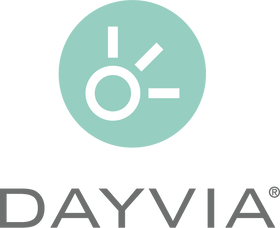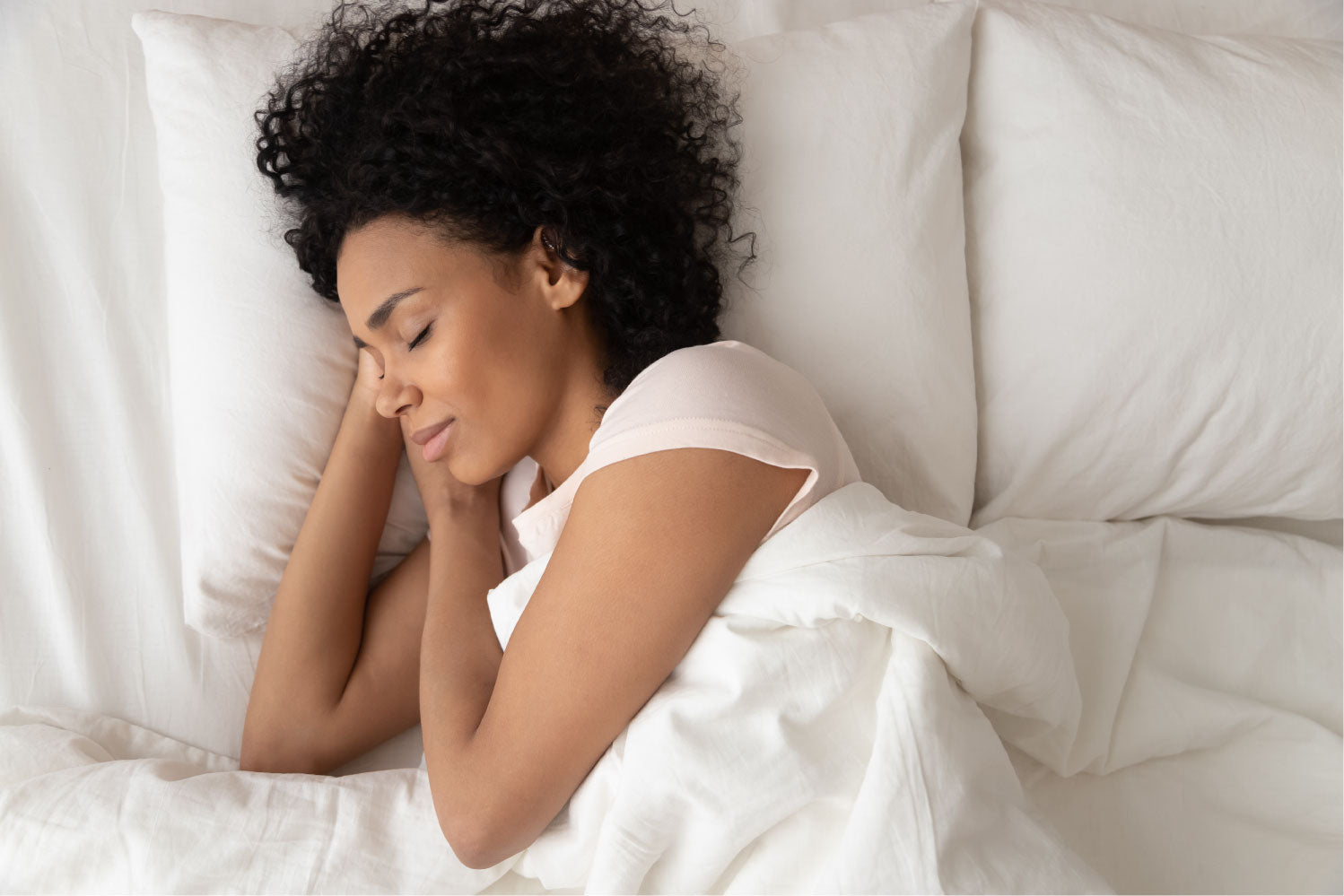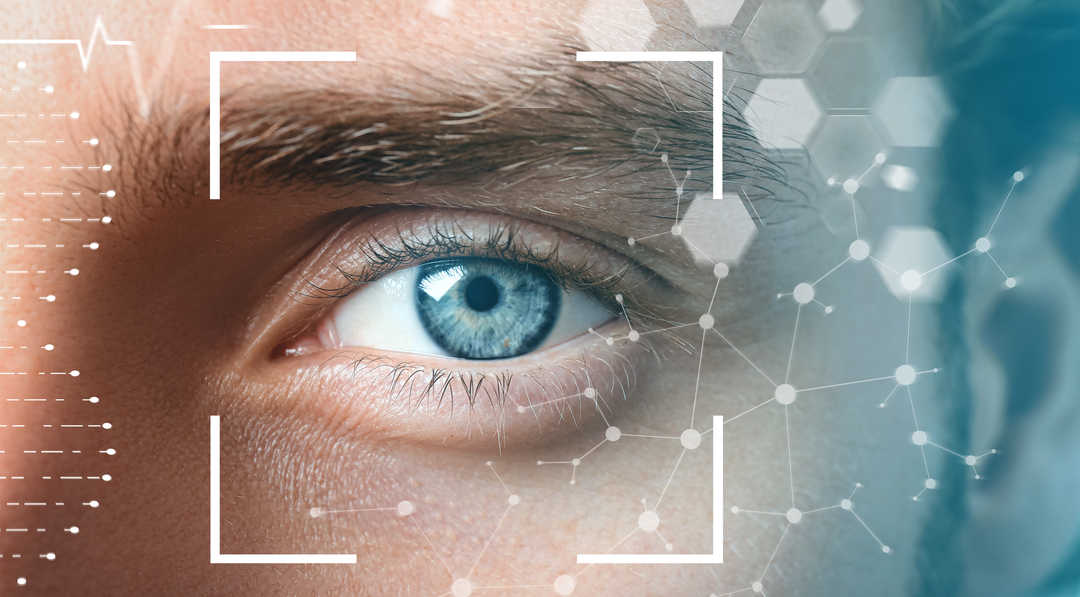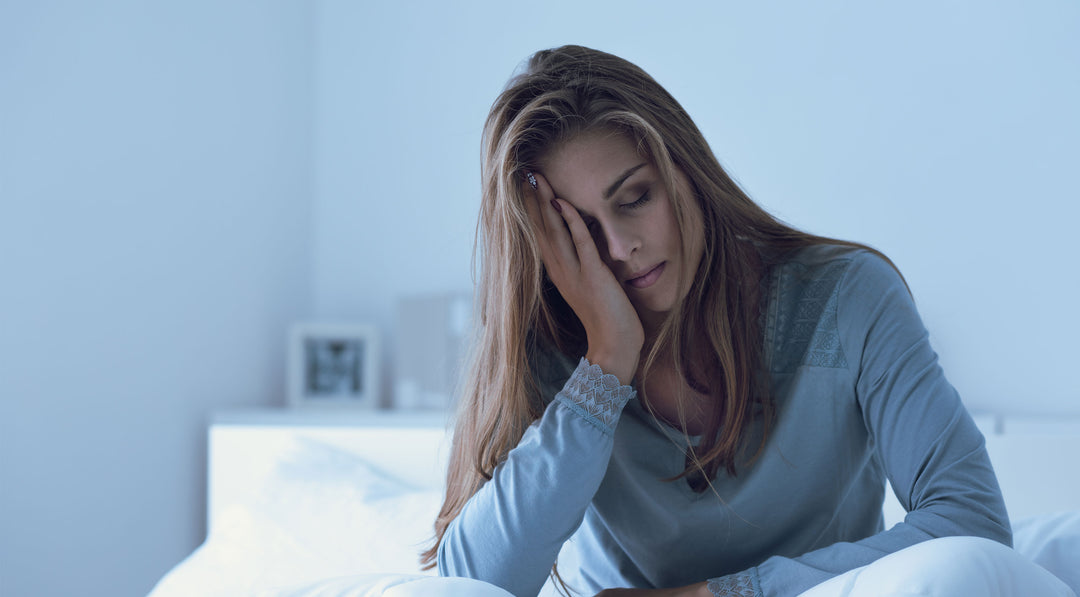Sleep Disorders or Insomnia: Causes and Treatments

What are the main causes of sleep disorders?
In adults, the main causes are stress, anxiety and depression.
Waking up feeling like you didn't sleep well is quite common among people who experience:
- difficulty falling asleep;
- and/or one or more nocturnal awakenings;
- and/or waking up too early in the morning.
These nocturnal disturbances give the impression of having a sleep that is not very restorative and not restful. This affects the quality of the day that follows: feeling of fatigue, drowsiness, falling asleep during the day, increased nervousness, difficulty concentrating and memorizing.
These disorders can be one-off and occasional, following a disturbing event (annoyance, bereavement, short-term physical illness, noisy environment) or sometimes more lasting. We can then speak of chronic insomnia when these difficulties sleeping occur more than 3 times a week and over a period of more than 3 months. 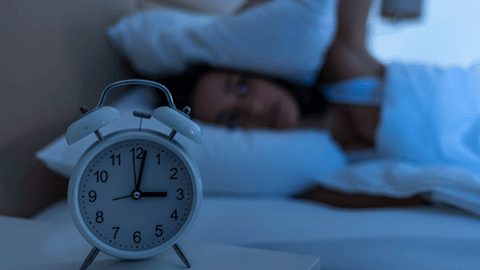
Adults frequently experience insomnia problems, but certain sleep disorders can also be observed in children.
What is the most common sleep disorder?
This is chronic insomnia.
In 2017, 13.9% of adults aged 18 to 75 suffered from it, with an unbalanced male/female distribution: 16.9% for women and only 9.1% for men.
What deficiencies can cause sleep problems?
A wide variety of vitamins and minerals are necessary for our bodies to function properly and maintain good health. A deficiency in any of these elements below can quickly lead to several symptoms, including insomnia.
Vitamin B12
The real relationship between sleep abnormalities and vitamin B12 has not yet been clearly established; studies remain ongoing. Until now, it has been suggested that a deficiency in vitamin B12 could involve pathologies such as depression and that they could then trigger episodes of insomnia.
Vitamin D
Vitamin D deficiency is largely caused by lack of exposure to sunlight. When vitamin D levels are low, sleep problems can occur. Irregular levels of vitamin D, either low levels or excessive levels of the vitamin, have been linked to sleep problems. Experts have validated that excess vitamin D is often responsible for drowsiness during the day. According to some research, the less vitamin D our body gets, the harder it is to sleep. To combat vitamin D deficiency, it is recommended to include a nutritional supplement in your diet and to practice light therapy sessions which will allow your body to stimulate its secretion of vitamin D, especially during periods of low outdoor light in autumn. and in winter.
Iron
Anemia or iron deficiency can trigger a large number of symptoms. It has been proven that the lower the iron level, the more likely one is to suffer from restless legs syndrome and the more the quality of sleep is affected. When the body lacks iron, it is more difficult to produce tryptophan, the amino acid necessary for the production of melatonin and serotonin. Serotonin, also called the “happiness hormone”, has a direct impact on mood, cognition and behavior. While melatonin, called the “sleep hormone,” directly affects the sleep cycle. In this case, the practice of light therapy will stimulate the secretion of these hormones and therefore limit the effects of iron deficiency on the body.
How to cure sleep disorders?
Light therapy helps resynchronize our biological clock.
The principle of light therapy consists of daily exposure to “broad spectrum ” artificial white light. The light emitted by the light therapy device used (lamp or glasses in particular) is comparable to that of the sun, minus the harmful rays, to compensate for a lack of natural exposure. This treatment is effective for people who wish to synchronize the rhythm of their body with their rhythm of life.
In the morning, light therapy stimulates the secretion of serotonin. Exposing our body to sunlight or a light therapy lamp will allow us to have sufficient serotonin levels to balance our internal biological clock. And this hormone plays an essential role in many areas: regulation of appetite, body temperature, stress management, pain, sleep rhythms, etc.
Light therapy also regulates the secretion of melatonin at the end of the day to prepare the body for sleep. Melatonin is the hormone that helps us rest and fall asleep. Exposing yourself to light stops the production of melatonin and allows the body to activate and wake up more easily.
All Dayvia products, lamps or glasses, support you in your daily practice of light therapy. With CE Medical Device certification and most of them manufactured in France, Dayvia products are the best light therapy alternative. They ensure safety of use and efficiency. Dayvia lamps are designed to provide the dose of light sufficient to stimulate brain cells which trigger hormone secretions at a reasonable distance (approx. 45cm).
The Dayvia Slimstyle , 072 or Sundesk lamps will accompany you discreetly at home or in the office and will blend into your interior, while the Sunactiv glasses will provide you with a more portable light therapy solution, ideal for continuing your activities while practicing your light therapy session morning.
